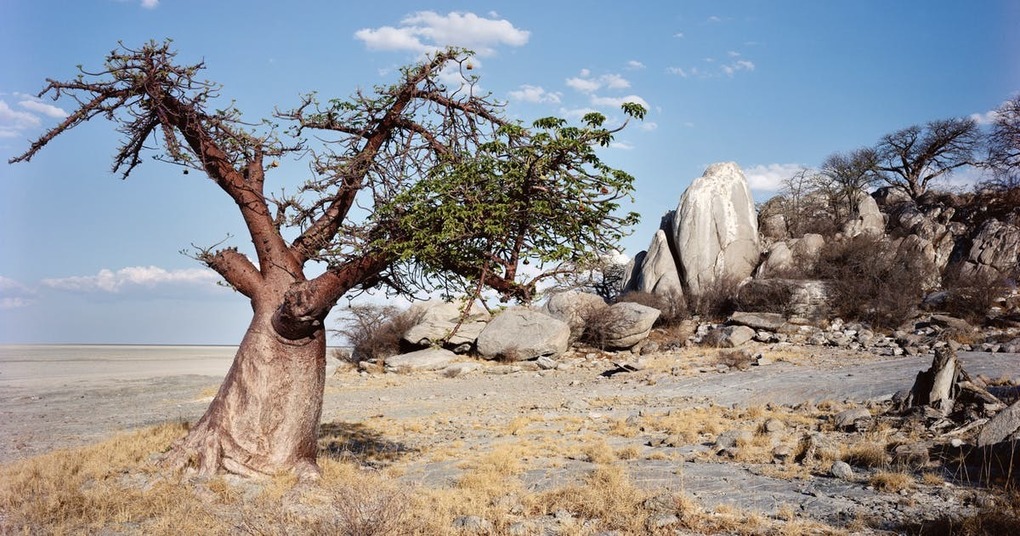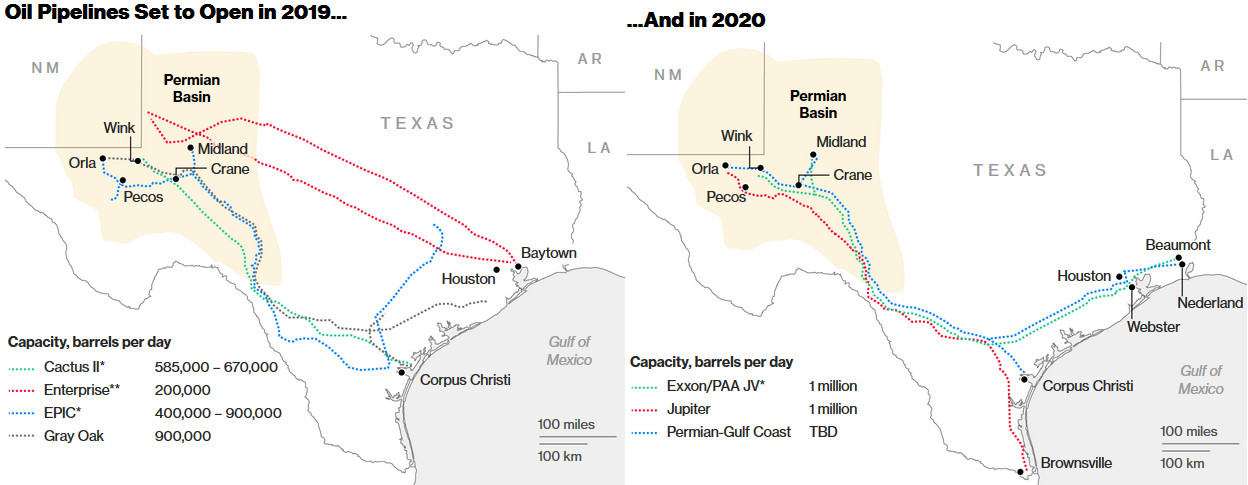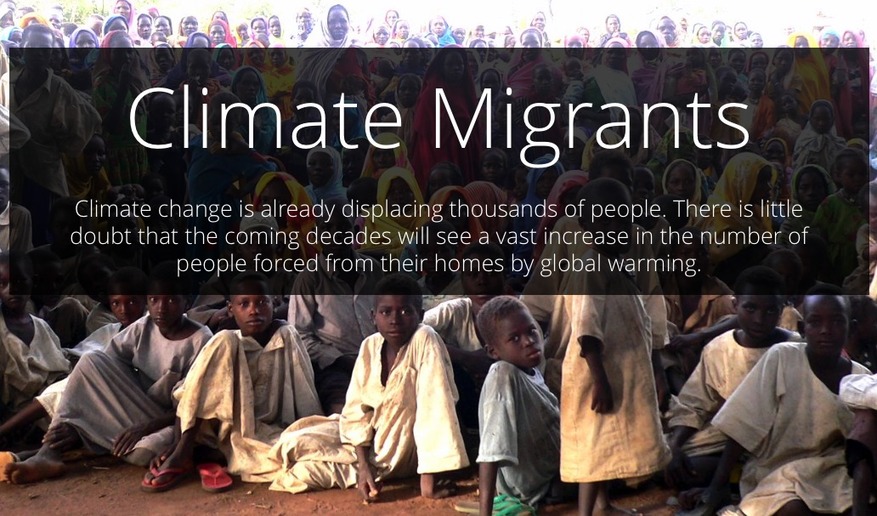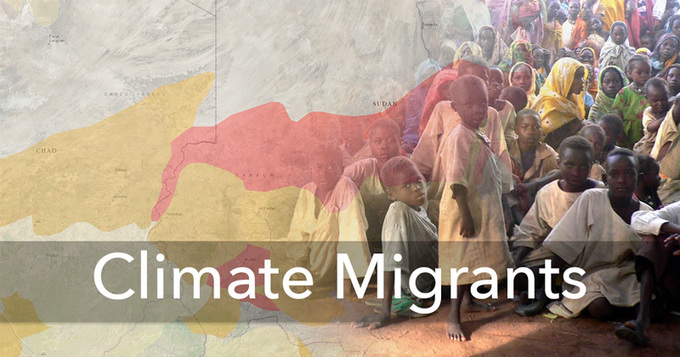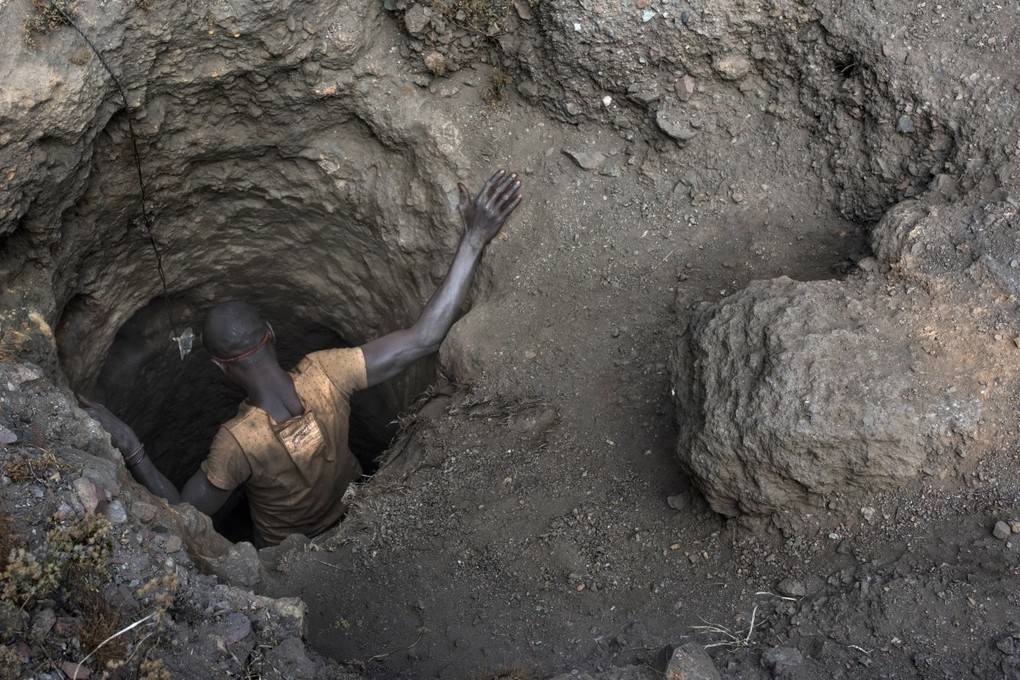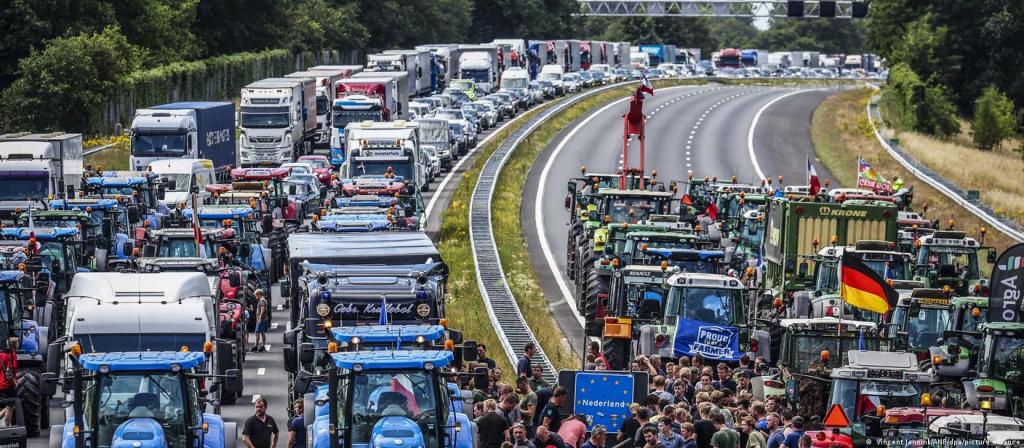
I was surprised to learn that the 2nd leading agricultural exporter in the world is the small country of the Netherlands. The Netherlands! Roughly the size of the state of Maryland today, the Netherlands has a rich tradition of technologically expanding their land into the sea to boost agricultural productivity (17% of the country today is on reclaimed land). The Netherlands exports many agricultural products mainly to other EU countries and are the global leader in the floral industry.
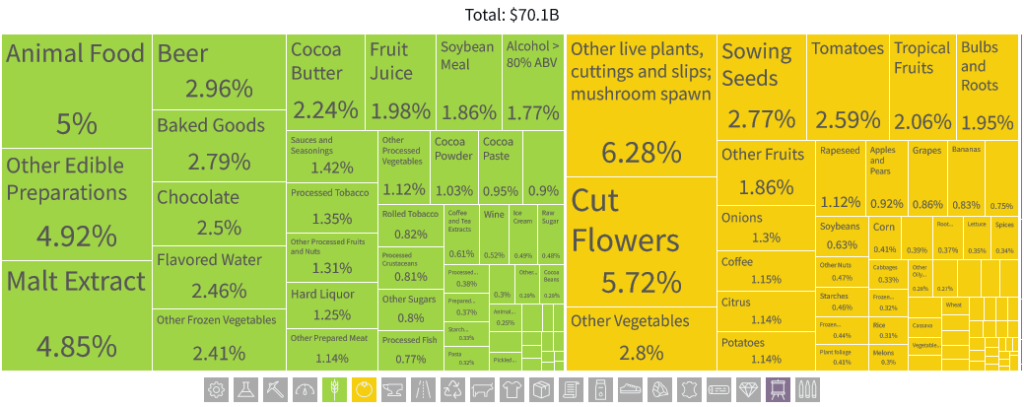
One of the keys to the economic productivity of the agricultural sector is the intensive nature of the production; they add technological inputs that expand the economic efficiency and productivity of the land, including artificial fertilizers and pesticides. As a part of the European Union provides enormous economic benefits, and those benefits come with the costs associated with being a member of a supranational organization. The EU has target goals to reduce nitrogen emissions among other environmental, regulatory goals.
During the pandemic, the Netherlands government led by PM Rutte’s party, passed some laws to limit nitrogen emissions to advance the environmental aims of the EU. Large-scale protests began with farmer’s arguing that the country’s government was listening more to international organizations than protecting the interests of their citizens. They started the BBB party just a few years ago to combat these policies since they see these quick changes to farmer’s access to artificial fertilizer because of these regulatory policies will “obliterate their livelihoods.” Now that party is a force. Agriculture, economics, politics, and environmental are all intertwined in this complex geographic issue.

